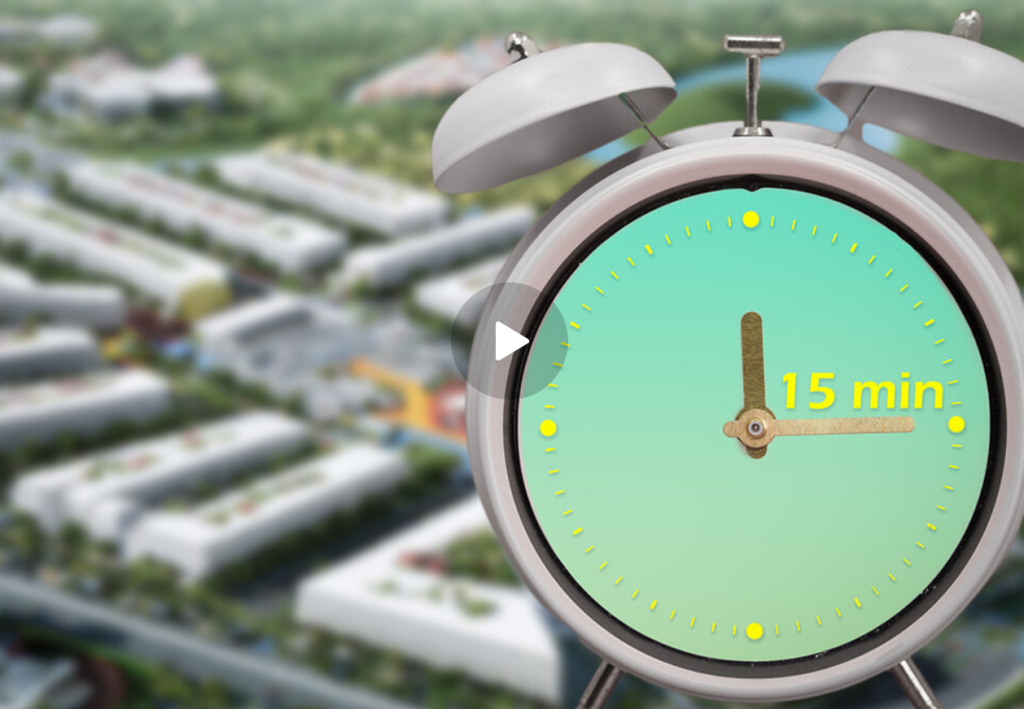On October 9, 2024, a discussion emerged surrounding Asheville’s planned multi-modal transportation system, deeply tied to broader global initiatives like Agenda 2030 and the concept of 15-minute Smart Cities, which prioritize sustainability and accessibility. This vision often comes with an implicit criticism of private car ownership, positioning it as a relic of the past, while promoting public transit, biking, and pedestrian options as more desirable and efficient. Such agendas reflect a progressive approach towards urban planning aimed at reducing carbon footprints and enhancing the quality of urban life, presenting an opportunity for cities worldwide to rethink how transportation infrastructure is developed and utilized.
The article links these transportation changes to various controversial theories and external pressures, including claims about the use of directed energy weapons in events like the Lahaina wildfires in Maui. Such narratives are common in alternative media, questioning the motives of local and federal governments in managing emergency responses and land development strategies. They argue that these events are not merely accidents or natural disasters but part of a calculated effort to reshape community landscapes and further centralize control over land and infrastructure. These theories reveal a distrust in official narratives and highlight a growing public concern over government transparency and accountability.
Furthermore, the discourse extends to discussions about property rights, where some believe that these government-led strategies facilitate land acquisition tactics that infringe upon individual ownership and rights. The narrative posits that catastrophic events are exploited to execute land grabs ostensibly under the guise of urban development and disaster recovery. This perspective underscores a tension between citizen autonomy and governmental authority, with implications for how policy decisions are made and who benefits from such transformations in urban landscapes.
Makia Freeman, a figure behind the alternative media site The Freedom Articles, emphasizes the significance of such narratives, given their potential impact on public perception and political discourse. Freeman’s work demonstrates an advocacy for critical thinking about mainstream narratives and documents a plethora of topics ranging from local urban planning to broader global conspiracies. His multifaceted approach aims to empower individuals to question existing paradigms and explore alternative sources of information about government policies, societal challenges, and systemic changes.
The discussions around these themes often engage a wide audience through various platforms, including social media and alternative news outlets, reflecting a movement of individuals seeking truth and authenticity amid a backdrop of perceived misinformation or manipulation in mainstream media. This grassroots approach manifests in collaborations among like-minded consumers of independent news sources, emphasizing community building and shared values in pursuit of a more equitable society.
In conclusion, the interplay of local urban planning and larger global agendas poses questions about ownership, autonomy, and the role of government in daily life. The ongoing debates surrounding these topics indicate a crucial moment for citizens to engage more actively with the political processes that influence their environments. As communities navigate the complexities of modern urban planning in the face of climate change and technological advancement, the need for transparency, accountability, and active civic participation has never been more critical. It calls for a collective re-evaluation of the systems in place, ensuring that community voices shape the future direction of transportation and urban development initiatives.

